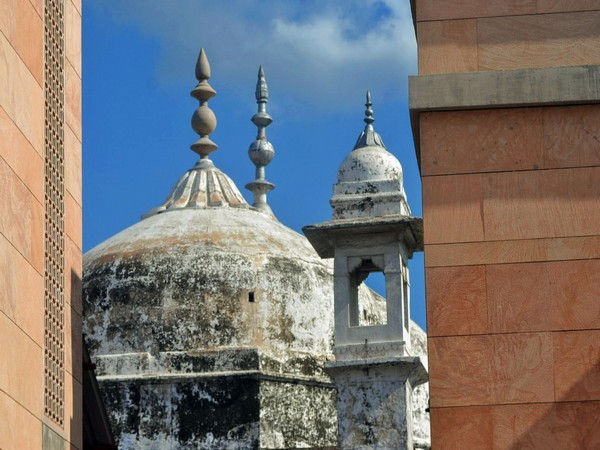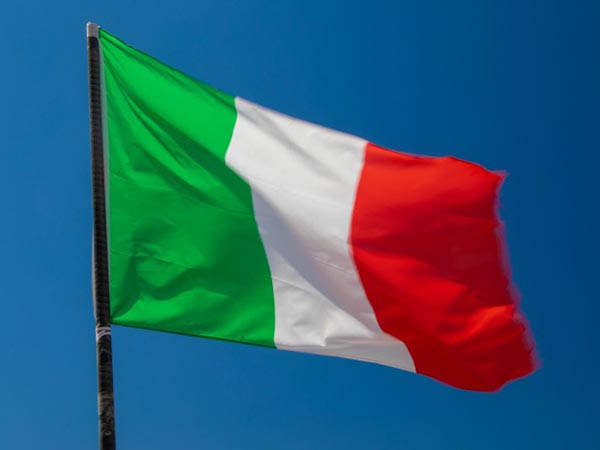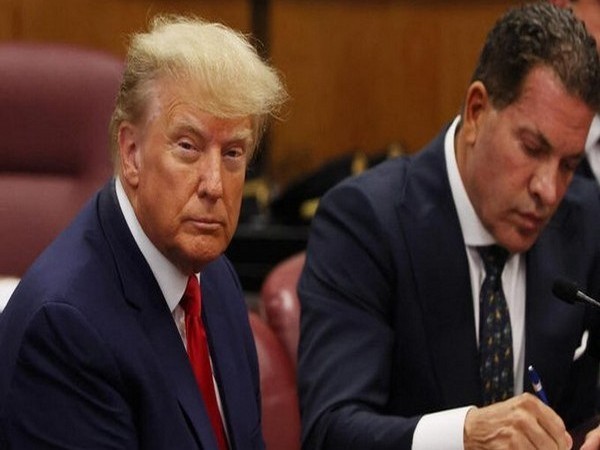Indian court allows Hindus to pray in Varanasi mosque
Feb 02, 2024
New Delhi [India], February 2: An Indian court ruled that Hindus can offer prayers in a 17th century mosque in the holy city of Varanasi.
A lawyer for the Hindu petitioners said, days after a survey said the mosque was built after the destruction of a temple there.
The fight over claims to holy sites has divided India, which has a Hindu majority but also the world's third-largest Muslim population, since independence from British rule in 1947.
The court in Varanasi, which is Prime Minister Narendra Modi's parliamentary constituency in northern Uttar Pradesh state, said Hindus can offer prayers in the Gyanvapi Mosque.
The mosque abuts a temple of Hindu Lord Shiva and is one of the most prominent mosques that Hindu groups say was built over demolished temples.
"The judge has allowed the priest's kin to worship Hindu deities in the cellar of the Gyanvapi mosque," said Vishnu Shankar Jain, the lawyer representing Hindu petitioners.
He said last week that the Archaeological Survey of India (ASI) had determined that the mosque had been built over a destroyed Hindu temple and that remnants of statues of Hindu gods were found in the basement of the mosque.
The ASI did not respond to a request for comment.
Akhlaq Ahmad, the lawyer representing Muslim petitioners, said the order would be appealed in a higher court.
Jain added that the court asked the district administration to make arrangements for Hindus to be able to pray there within seven days.
Hindu claims on contentious sites have been in the spotlight, with Modi this month opening a grand temple to Hindu Lord Ram in Ayodhya, built on the site of a 16th century mosque that was destroyed by a Hindu crowd in 1992 claiming it was the birthplace of the god-king.
The razing of the Ayodhya mosque led to riots across India that authorities say killed at least 2,000 people, mostly Muslims.
The consecration of the Ram temple by Modi fulfilled a 35-year-old pledge of his Hindu nationalist Bharatiya Janata Party and has been portrayed by the party and its affiliates as a Hindu reawakening.
Critics accuse Modi of pushing a pro-Hindu agenda and promoting discrimination against Muslims, but he says his government does not do so.
The temple inauguration came months ahead of a national election due by May and is expected to boost Modi's chances of winning a rare third term.
Ahmad, the Muslim petitioners' lawyer, said of the court ruling on the Varanasi site: "We object to it and we will challenge the decision at the earliest in the high court."
Source: Fijian Broadcasting Corporation








